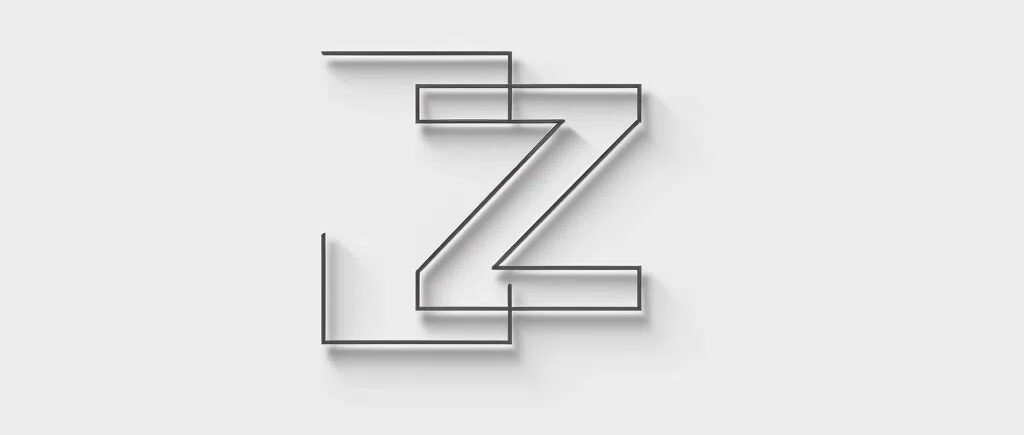When it comes to sourcing slippers, Chinese slipper manufacturer stands as a global leader in manufacturing, offering a diverse range of high-quality products, competitive pricing, and advanced customization services. However, navigating Chinese suppliers, optimizing costs, and managing logistics can feel overwhelming. This guide will show you how to source slippers from China effectively and boost your business profits.
Why Source Slippers from China?Key Benefits of Chinese Manufacturing
Mature Manufacturing Ecosystem
China’s manufacturing ecosystem is all-encompassing. They have the raw materials, the ability to make the product, and the ability to distribute it. This means they can make a lot of high-quality products. For example, one of the top manufacturers, Ningbo Cotton Slipper Co. Ltd., offers a wide variety of slippers including home slippers, hotel slippers, EVA flip-flops, and more. They have something for everybody.

Choosing to source slippers from China provides numerous benefits, including
Competitive Pricing
Because they have access to inexpensive ways to make things and cheap labor, Chinese suppliers can offer you great prices. They also do a good job of balancing price and quality. You can get good products at a good price for your customers..For more supplier options, visit Global Sources.
Production Flexibility
Chinese factories are known for being flexible. They can handle large orders or small orders. They can also do custom runs. Whether you want something generic or something specific for a particular niche, their ability to cater to your needs is a big advantage.
How to Choose the Right Slipper Supplier
Finding reliable manufacturers is key to successfully sourcing slippers from China. Start by evaluating their credentials and customer reviews.
Evaluate Supplier Credentials
First, make sure your supplier meets international standards. Look for certifications like ISO or CE, which show they meet certain quality and safety standards. Companies like Huntersourcing recommend looking at their client list and either doing a virtual tour of the factory or going to see it in person.

Assess Product and Material Options
Chinese manufacturers offer a variety of materials including PVC, EVA, rubber, leather, and bamboo (which is eco-friendly). Each material has its own benefits.
- EVA: Lightweight, flexible, and ideal for summer slippers. Learn more about EVA material on EVA Slippers.
- Rubber: Durable and non-slip, perfect for outdoor or sports use.
- Bamboo: Sustainable and appealing to eco-conscious consumers.
Check Customization Services
Customization is a big deal in today’s market. Many Chinese manufacturers offer OEM and ODM services. You can design your own products or have them put your brand on their products.
Normally, you will develop one or two outsoles and then have a bunch of different slipper uppers (like Genuine Leather, plush, Fur, Sheepskin, Split Leather, fabric or PU or any other popular material) to make a series of designs..
As an export slippers manufacturer and supplier, we can provide new slippers sample in 3-5 days and slippers production delivery in 7-20 days.
Once the slipper productions are finished, we will provide you pictures of production to check quality and workmanship. We will also provide you studio pictures and videos (white background slippers picture images, scene slippers images, slippers display video)

Cost-Saving Tips for Importing Slippers from China
Sourcing slippers from China requires careful cost management, including transparency in pricing, MOQ flexibility, and shipping costs.
Transparent Pricing Structures
Insist on detailed quotes that break down every single cost.:
- Unit prices
- Packaging costs
- Shipping expenses (based on INCOTERMS like FOB or CIF)
- Import duties and taxes
A transparent pricing structure avoids surprises and simplifies supplier comparisons. We suggests negotiating for discounts on bulk orders or exploring tiered pricing models for added savings.
Shipping and Logistics
Shipping costs will have a huge impact on your overall budget. To optimize this, evaluate your shipping options:
- Sea Freight: Cost-effective for large orders but slower.
- Air Freight: Faster but more expensive.
- Express Shipping: Best for urgent or small-volume shipments.

MOQ and Inventory Management
MOQ requirements vary by supplier. Ningbo Cotton Slipper Co., Ltd. has flexible MOQs, which makes them a great choice for small businesses. Managing your inventory well—matching it to your demand cycles—will help you avoid overstocking or stockouts and keep your costs down..
Dealing with cross-border procurement
Dealing with cross-border sourcing comes with its own set of challenges. Here’s how to deal with some of the most common issues:
Contracts and Legal Safeguards
Drafting a clear contract is essential. Include clauses for:
- Payment terms
- Quality standards
- Delivery schedules
- Penalties for non-compliance
Such agreements protect your interests and minimize risks in international transactions.
Compliance and Certifications
Make sure the products meet the regulatory standards in your market. For example, buyers in the EU might require slippers with a CE certification. In the U.S., people might want materials that meet certain environmental standards. If you don’t comply, you could get hit with expensive fines or have your shipments rejected.

Sample Testing and Quality Inspections
Ask for product samples to check the quality and durability before you commit to a large order. We recommend hiring third-party inspectors to check the product specifications during production and before shipment to make sure you don’t get stuck with a bunch of junk.
Maintaining Strong Supplier Relationships in the Chinese Slipper Industr
Maintaining strong relationships with your suppliers will help you ensure you get the quality and service you need.
Supply Chain Stability
Long-term relationships often get you better terms, priority during busy seasons, and special treatment. Regular communication with your supplier builds trust and alignment, setting the stage for both of you to grow.
Leveraging Data for Smarter Decisions
Use your sales data and market data to help you refine your sourcing strategy. For example:
- Forecast demand trends and adjust your order quantities accordingly.
- Work with your suppliers to develop new designs or new product lines that meet the new trends.

This comprehensive guide includes actionable strategies and real-world insights to help you navigate the complexities of importing slippers from China. Whether you’re a retailer, wholesaler, or brand owner, follow these steps to build a strong supply chain, make more money, and win in your markets.

